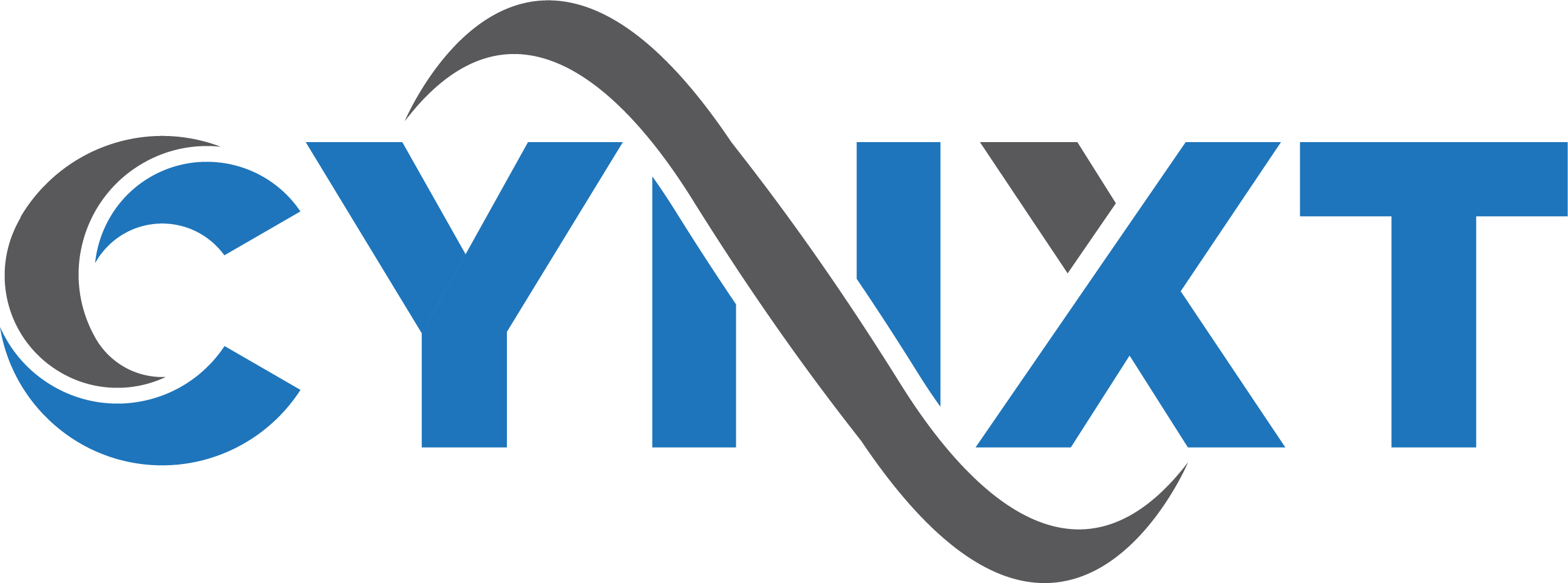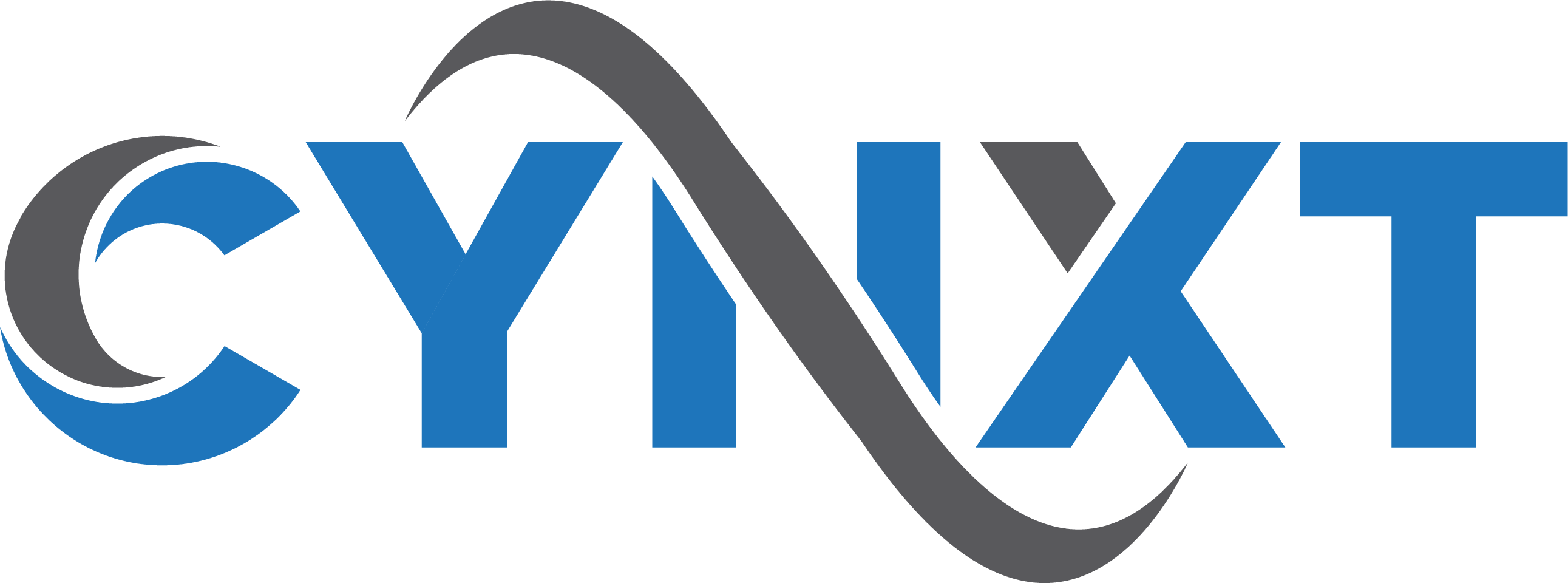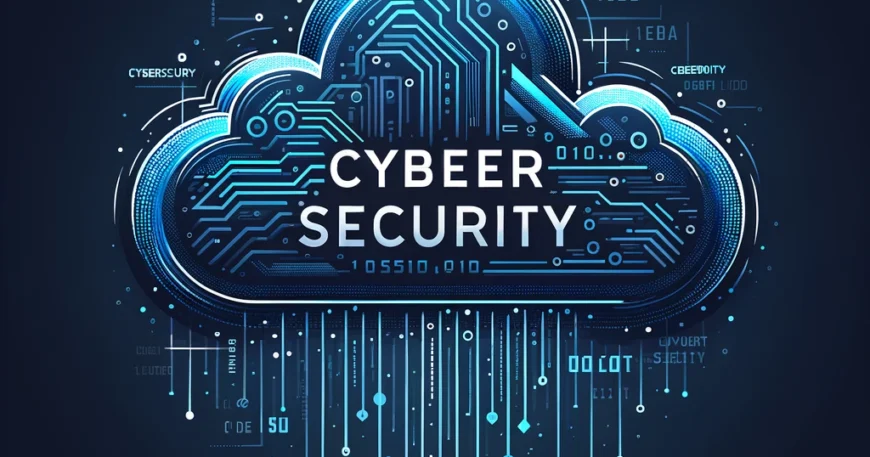Cybersecurity is a crucial field, especially as our lives become more intertwined with digital technologies. Here are the Top 10 Cybersecurity Terms that all users should be familiar with to better understand and protect themselves online. These can help you better safeguard your business, team, and personal systems.
10 Key Cybersecurity Terms to Know:
- Phishing: This is a type of cyberattack that involves tricking individuals into giving away sensitive information (like passwords or credit card numbers) by pretending to be a trustworthy entity in an electronic communication, such as an email or a message. It’s like fishing for information using bait, where the bait is usually an urgent or enticing message. The bad guys usually request things such as credit card numbers, login info, etc. You can learn more about phishing here.
- Malware: Short for malicious software, malware is any software intentionally designed to cause damage to a computer, server, client, or computer network. This includes viruses, worms, Trojan horses, and ransomware. Think of it as a nasty bug that gets into your computer to cause harm.
- Ransomware: A type of malware that locks or encrypts the victim’s data, demanding a ransom to restore access. It’s akin to someone stealing your digital files and then demanding payment for their return.
- VPN (Virtual Private Network): A service that creates a secure, encrypted connection over a less secure network, such as the internet. Using a VPN is like sending a protected package through the mail; even if someone intercepts it, they can’t see what’s inside.
- Two-Factor Authentication (2FA): You will often hear this called Multi-factor Authentication (MFA) too. This security measure requires two different forms of identification to access an account. A user will typically be asked their password and another security question. It might ask for a code sent to your phone, or to your email address, or even your fingerprint. It’s like having a double lock on your door; even if someone has one key, they still can’t get in without the other.
- Encryption: This is the process of converting information or data into a code, especially to prevent unauthorized access. Think of it as translating your data into a secret language that only those with the key (or decryption method) can understand and translate back into the original text. It’s essential for protecting sensitive data, such as personal messages and financial information, during transmission or while stored.
- Firewall: A firewall is a network security device that monitors and controls incoming and outgoing network traffic based on predetermined security rules. It can be software and/or hardware based. You may have both in your business. You can liken a firewall to a bouncer at a club, deciding who gets in and who doesn’t based on a set list of criteria. It acts as a barrier between your internal network and external sources (such as the internet), preventing unauthorized access to or from the network.
- Social Engineering: This is a tactic used by cybercriminals to manipulate individuals into divulging confidential information or performing actions that may compromise security. It relies on human psychology rather than technical hacking techniques. Imagine a con artist tricking someone into giving them their house keys rather than breaking in; that’s social engineering in the context of cybersecurity.
- Zero-Day Exploit: A zero-day exploit occurs when hackers take advantage of a vulnerability in software or hardware that the vendor is unaware of, hence the term “zero-day” indicates that the developers have had zero days to fix the issue. It’s like someone finding a secret entrance to a building before the owner even knows it exists.
- Antivirus Software: This is a program designed to detect, prevent, and remove malware and other malicious software like viruses and worms from your computer or network. Think of antivirus software as a digital immune system for your device, constantly scanning for and fighting off infections to keep it healthy.
We are not here to scare you, just inform and empower you. So, that you can protect yourself and business from the bad guys. Understanding these cybersecurity terms is a great starting point for anyone looking to secure your digital presence against various cyber threats.
Do you need help with cybersecurity protection and policies? Cynxt can help! We provide IT Solutions that will provide you a peace of mind. Contact Us today or call (256) 456-5858 to schedule an appointment. We are located at the Shoals Business Incubator in Florence, AL. Let us help you keep your digital life running smoothly!
Cynxt Service Areas:
We proudly serve businesses in the following areas and surrounding cities. Click here to view the full list. Remote support is also available for businesses anywhere.
North Alabama:
- Florence
- Muscle Shoals
- Russellville
- Athens
- Decatur
- Huntsville
Middle Tennessee:
- Franklin
- Columbia
- Lawrenceburg
- Pulaski
About Us:
With over 18 years of IT experience, Cynxt IT Services delivers enterprise-level solutions tailored to small and medium-sized businesses. As a trusted Managed Service Provider (MSP), we’re dedicated to supporting your growth with reliable, expert IT services and unmatched customer care.
Services:
Explore our wide range of IT Services. Learn more about how we can help with your IT needs. Not finding the service you’re looking for? Contact Us to discuss custom solutions.
- Managed IT Services
- Hourly IT Support
- Cybersecurity
- Cloud Services
- Networking
- Network Cabling
- IT Consulting





